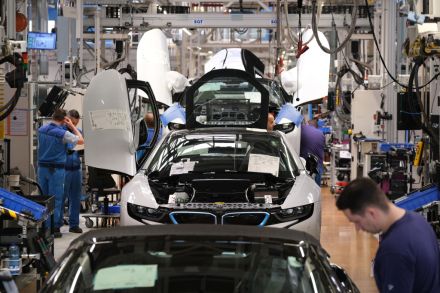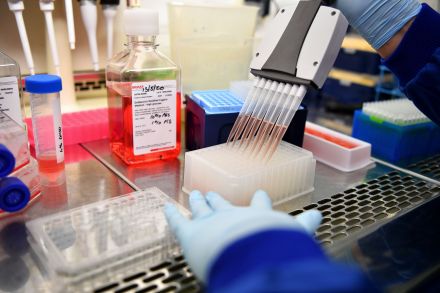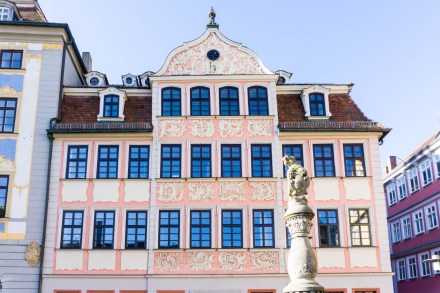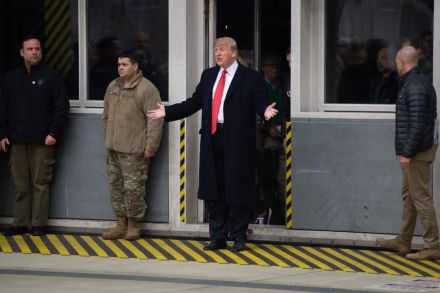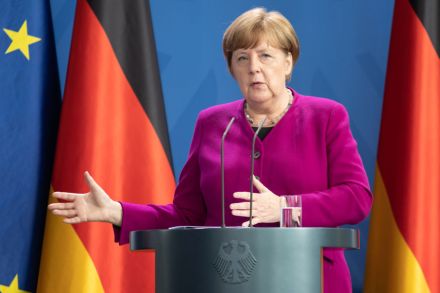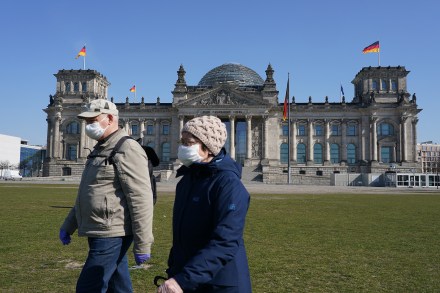BMW is discovering the cost of a no-deal Brexit
Factories will close. Prices will rise. Profits will suffer. Another day, another warning of disaster from one of the major car manufacturers about the catastrophic cost of a no-deal Brexit. But hold on. Before anyone’s eyes start to glaze over, there is a twist to this one. It is a German company that is starting to worry about the hit to its bottom line. And, in truth, it is hardly likely to be the last. Yesterday, BMW, which used to be the most formidable manufacturer of upmarket automobiles until Tesla came along, went public for the first time about the financial impact of Britain leaving the EU without a deal.
